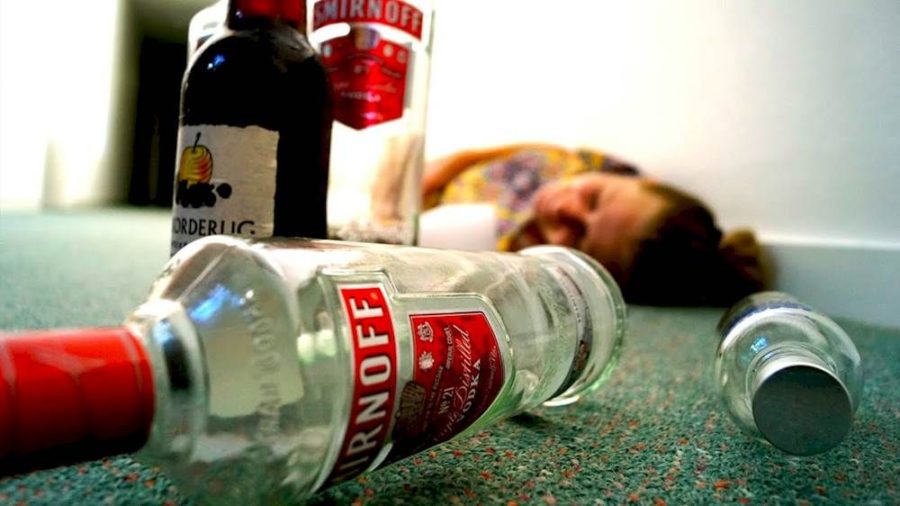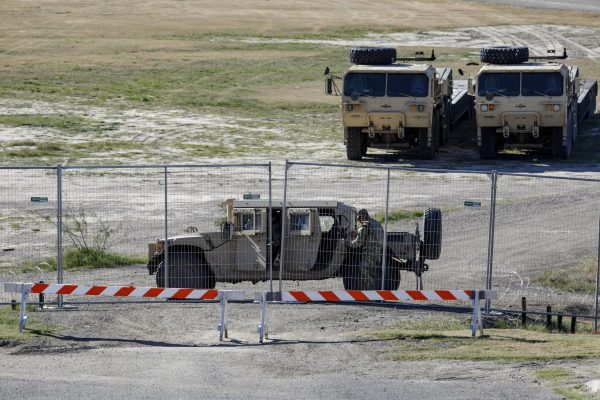Tarleton introduces medical amnesty policy
October 22, 2015
According to the National Institute on Alcohol Abuse and Alcoholism (NIAAA), more than 80,000 deaths every year in the United States are alcohol related. Binge drinking is most common in young adults 18-34, putting college students into this category. Binge drinking can also lead to alcohol poisoning, among other health issues. Tarleton State University recognizes this and as a result has introduced a new Medical Amnesty policy this fall. The policy will help prevent the loss of life to alcohol poisoning.
“Minor students who are concerned about a friend may be hesitant to seek help for fear of the legal consequences,” says Caris Thetford, Substance Abuse & Violence Prevention Program Coordinator. “The medical amnesty law and campus policy hope to alleviate that concern because saving a person’s life is more important that any law or policy.”
Medical Amnesty is a state law, established in 2011, that grants immunity to a minor for alcohol violations in an alcoholic related emergency if they call for help for themselves or another person who may have overdosed on alcohol. Immunity only applies if the minor stays on the phone and at the scene until help arrives and cooperates with law enforcement and medical personnel. Immunity does not extend to serious crimes/conduct violations and will not offer protection to everyone present.
Tarleton’s policy aligns with the state law. The legal processes and university processes are separate. If a student breaks a law, they are subject to face a criminal investigation and criminal charges as well as having to deal with disciplinary actions from the university. Fear of punishment should not prevent someone from helping from helping a person in need of help. Alcohol poisoning is a medical emergency and though it doesn’t always lead to a fatality, it is important to understand that it can lead to death.
“You can take action to help the person, or you can walk away – to possibly very dire consequences,” says Thetford. “If someone with signs of alcohol poisoning is left alone to “sleep it off,” that person may never wake up again.”
For more information on Tarleton’s Medical Amnesty policy you can visit http://www.tarleton.edu/alcoholedu/medicalamnesty.html





